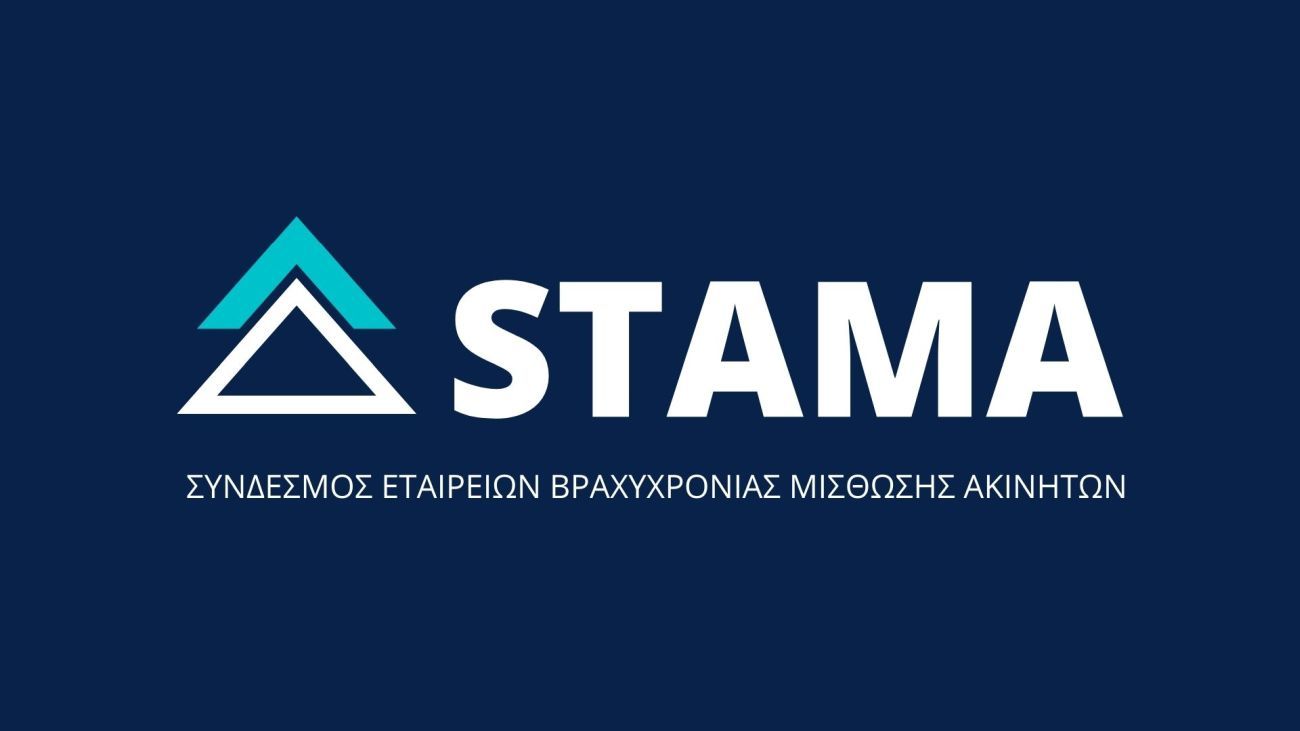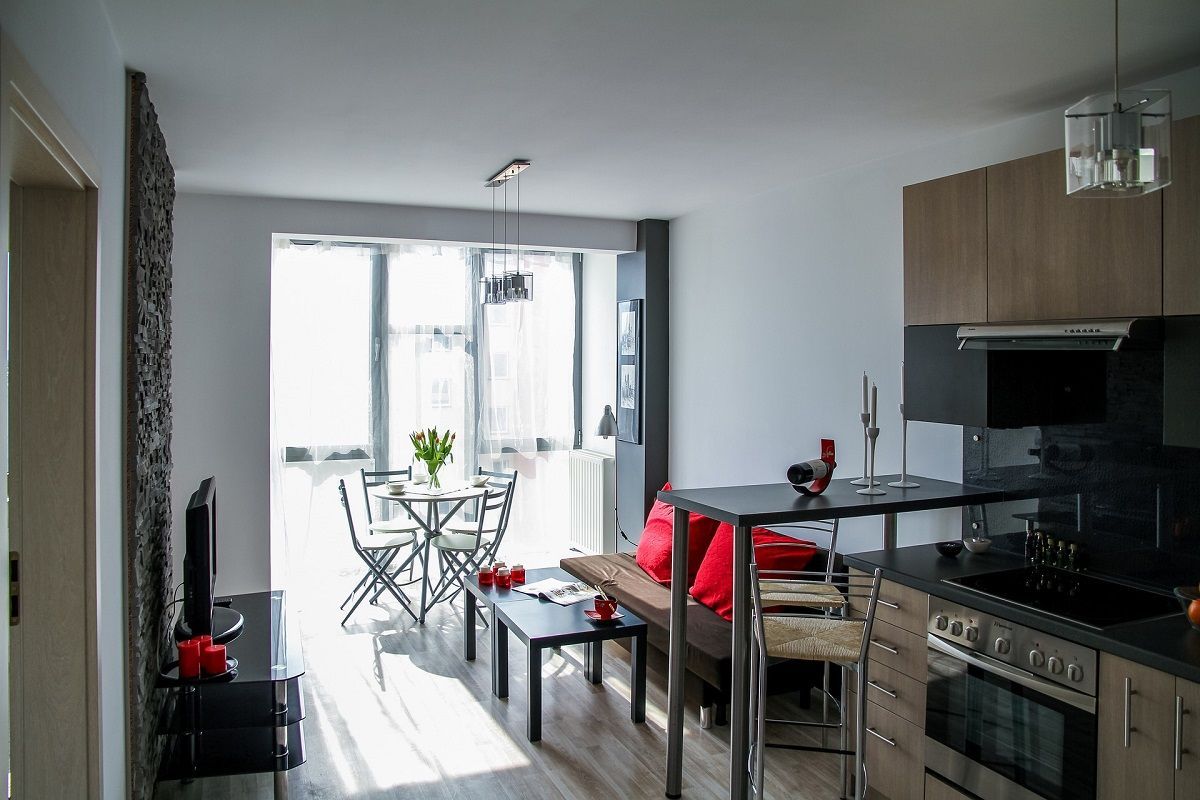Greek tourism body proposes measures to regulate Airbnb-style rentals
VAT, a special municipal tax, a land cap and rental deadlines are among the actions that Greek tourism stakeholders are demanding from the government in an attempt to regulate Airbnb-style activities who they say are distorting healthy competition in the market.
the Greek Tourism Confederation (SETE)representing the majority of Greek tourism businesses, once again calls on the government to act immediately and change the law that covers short-term rental operations in order to ensure Fair play and protect businesses that pay taxes.
In this sense, the SETE tabled proposals this week which consist in particular in imposing a tax on the added value, a municipal tax, a deduction at source for the professional activity in short-term rental, to cap the goods that can be rented by a single owner, to set a time limit for renting properties based on surface area which must not exceed 90 days per year and for islands with less than 10,000 inhabitants 60 days.

Additionally, properties rented as Airbnbs cannot offer other services. In the case of additional services provided, the property must be listed as a tourist accommodation establishment and, as such, must hold special certification and legal documentation. Offenders should be fined 10,000 euros and double the costs in the event of a repeat offence. The same should apply to apartment buildings that operate entirely on short-term rentals.
SETE also recommends imposing a 5% tax on the rental rate – payable by the customer – which should be collected by the short-term rental platform.
The confederation then stressed the need for regular inspections by a mixed team of officials from the tax and tourism ministries and suggested fines for violations.
“It goes without saying that SETE supports new investments as long as they are strictly subject to the existing legal framework. Any circumvention attempt that distorts competition will place us on the opposite side. The State must use all its control mechanisms”, declared the president of SETE. Yannis Retsos at the end of last month at the announcement of a new Airbnb-style operation in central Athens that included services in its offerings.

President of SETE Yiannis Retsos.
Addressing the press for the first time in person after the Covid-19 outbreak on Monday, Retsos added that companies are taking advantage of “loopholes” in current law that allow the creation of Airbnb-style “resorts” offering dozens of apartments for short-term rent while providing additional hospitality services, including F&B. services, wellness facilities and recreational activities.
“Instead of operating as hotels, they are choosing the short-term rental market… This leads to a loss of VAT revenue for the Greek state and unfair competition for hotels,” he said. .
In February, Greek hoteliers announced they would take legal action against short-term rental companies that advertise and operate as hotels.
“You can’t continue to have a gray area when it comes to short-term rentals where entrepreneurs buy or rent entire blocks of apartments, turn them into rooms for rent, and by chance there’s always a cafeteria downstairs. floor serving breakfast; they advertise themselves as hotels on online booking platforms without having such a permit,” said Hellenic Chamber of Hotels (HCH) President Alexander Vasilikos.
Echoing Vassilikos, the The Peloponnese Tourism Organization (PTO) has also called on the government to take immediate action and put in place controls on Airbnb-style tourist rentals.
STAMA: “The needs of travelers are changing”

The Greek Association of Short-Term Accommodation Managers (STAMA) released a statement on Wednesday in response to the proposals in which it said that SETE “in fact demands that hundreds of Greek companies (property managers) operating within a legal tax cease, that thousands of landlords across the country who are taxed lose their extra income, and that all regional short-term rental activities such as construction, renovation, equipment, technology companies, businesses cooperators from abroad stop”.
In its statement, STAMA goes on to add that “we must understand that as the tourism product evolves, so do the needs of travelers and that no one can prevent the free movement of visitors around the world and their right to choose their mode of travel and their destination”. to stay.”

Initially as way for Greeks affected by the crisis to earn a livingIn the past decade, Airbnb’s business in Greece has exploded, with entire neighborhoods of Athens turning into areas for short-term rentals. That time lively Psyrri district in Athens is a good example of this, reborn as more and more buyers invest there in short-term rentals, boutique hotels and lodging establishments.
As an indication, reservations for Airbnbs across the country this summer grew 232% placing Greece in the lead in Europe in terms of overall booking performance.
To follow GTP headlines on Google News to keep up to date with all the latest news on tourism and travel in Greece.

Comments are closed.